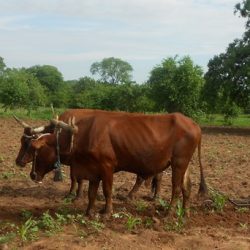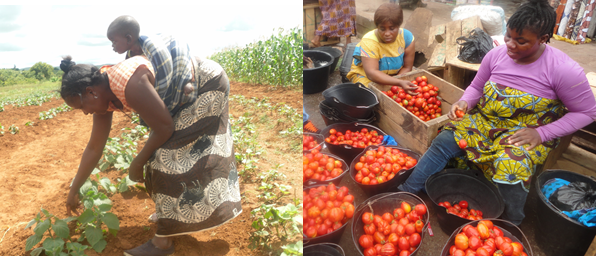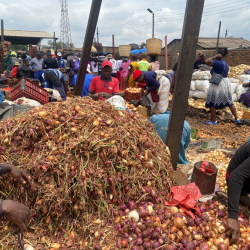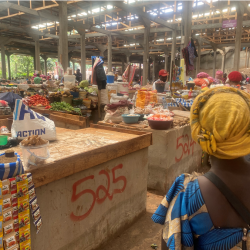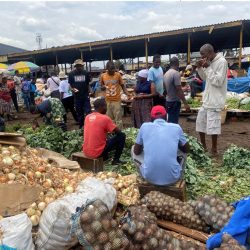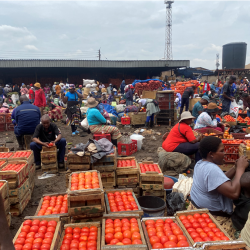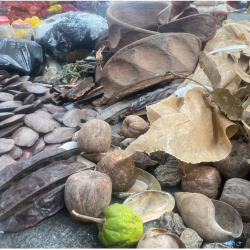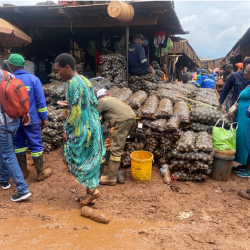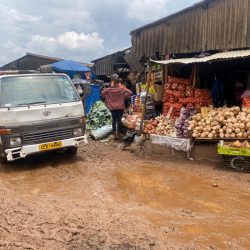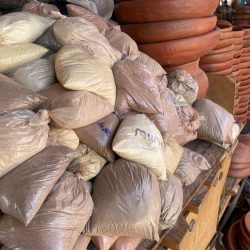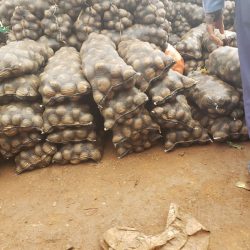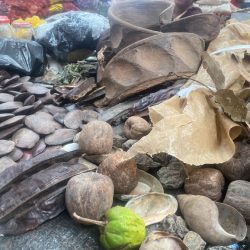Why the elite should stop imposing their expectations on smallholder farmers
Bankers expect smallholder farmers to repay loans at a particular interest. For economists, African smallholder farmers are supposed to master return on investment. Nutritionists expect smallholder farmers to be food scientists just as agronomists and livestock specialists expect smallholder farmers to think and act like scientists. NGOs promoting farmer field schools see farmers as learners Read more about Why the elite should stop imposing their expectations on smallholder farmers[…]

